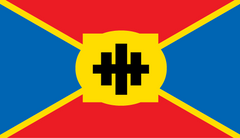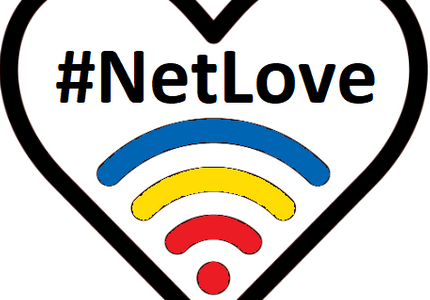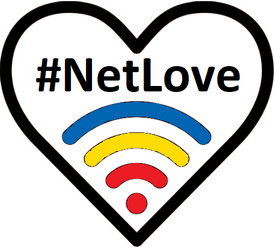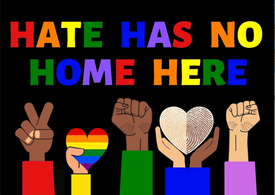NETLOVE
The Kingdom of Unixploria supports various organizations working towards the eradication of cyberbullying. Our initiative aims to raise awareness of online bullying, even in the micronational sphere. We acknowledge that this is a real problem and must take steps to address it.
Regardless of our differences, we should always exhibit human decency and respect towards everyone, including our opponents. Sometimes, even a small act of kindness, such as writing a kind word, can make a huge difference in someone's life.
What is online bullying?
Online bullying (often called cyberbullying) is carried out through electronic media devices like computers, laptops, smartphones, tablets, or gaming consoles.
What makes online bullying different?
It is well-established that there exists a strong correlation between cyberbullying and face-to-face bullying. A research study cited in the 'Focus On' briefing, available in the 'Tools and Research' section below, found that 80% of individuals who experienced cyberbullying were also subjected to traditional bullying in person.
Some things make online bullying different from 'traditional' bullying:
- 24-7 nature - the nature of the online activity means you can be in contact at any time.
- There is the potential for a wider audience, and bullying incidents can stay online, such as a photo you can't remove.
- Evidence - many online bullying incidents allow those experiencing it to keep proof - for example, take a screenshot - to show to school staff or police if needed.
- Potential to hide your identity - it is possible to hide your identity online, which can make online bullying incidents very scary.
- Degree of separation—People who cyberbully often don't see the reaction of those experiencing it, so it can sometimes be harder for them to see the impact of their actions.
Prevalence of online bullying
Research organizations focus on children and young adults to understand the prevalence of online bullying. However, the statistics are discouraging:
- 24% of children and young people will experience some form of online bullying.
- 17% of children and young people will bully others online.
- Name-calling is the most common type of online bullying.
Bullying is not limited to young people and also occurs among adults, which is why it's a priority for us.
We must use our large micronational website to make a difference in the community, as with great power comes great responsibility.













